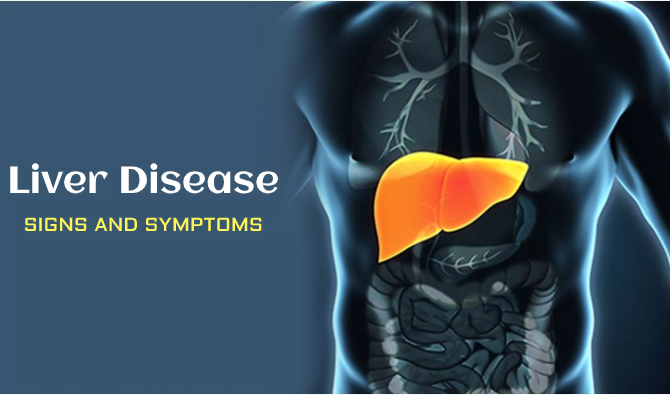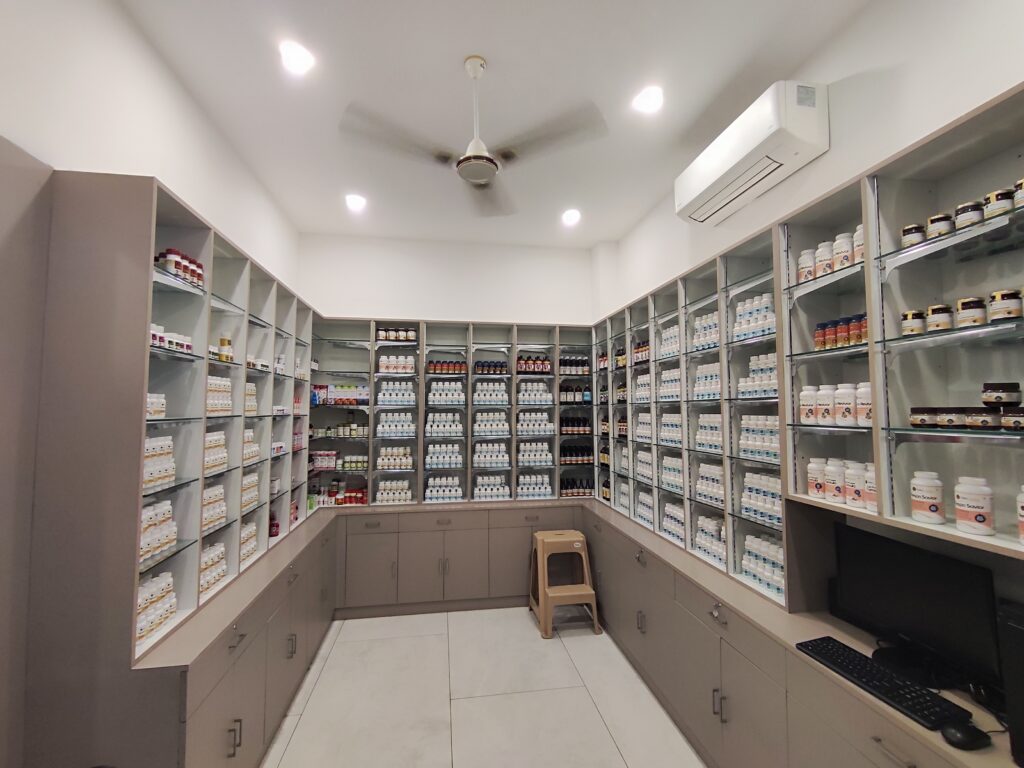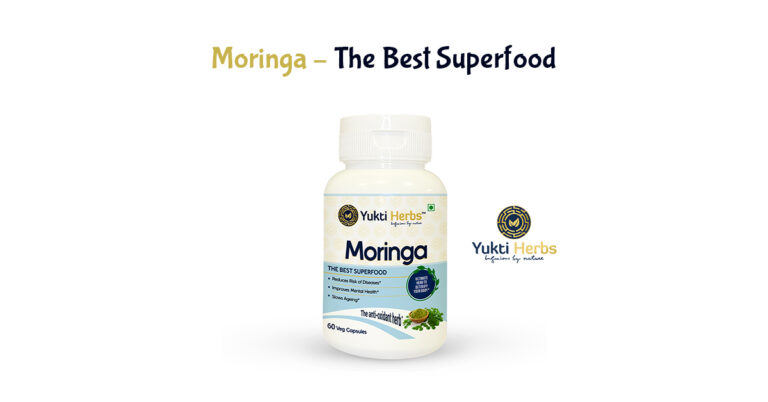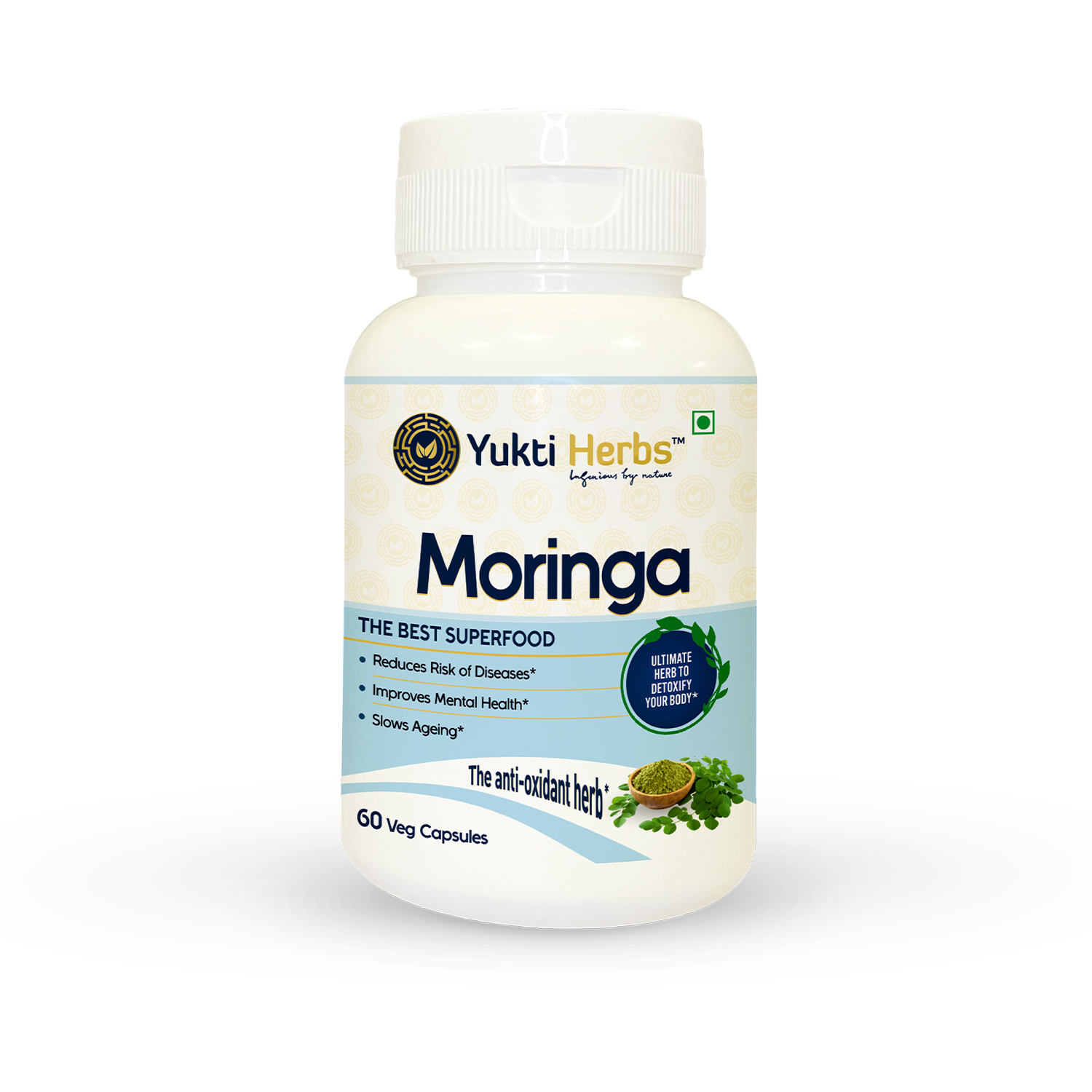Moringa Introduction
Shigru, commonly known as the drum-stick plant, is used either for commercial purposes or nutritional purposes. Shigru, with the botanical name Moringa oleifera, is also nicknamed as Horseradish tree due to the flavor found in its root. It is a local Ayurvedic herb that is familiar and popular in both tropical and sub-tropical areas.
Nutritional value of Moringa
Moringa is considered a “new superfood” in the 21st century due to its super nutritional value.
The latest research has shown that miracle tree leaves contain 17 times more calcium than Cow’s milk, 25 times more iron than spinach, 15 times more potassium than bananas, 10 times more vitamin A than Carrot and18 amino acids.
Shigru has 46 natural antioxidants, which make it the most prolific food known. These antioxidants gave Shigru the ability to guard against free radicle scavenging i.e oxidation and aging. Cytokinins help to guard against aging. Moringa oleifera consists of high levels of Zeatins and dihydrozeatins that are cytokinin plant hormones. The Zeatin level of moringa is a thousand-fold than most plants ever studied.
Based on the survey by the World Health Organization (WHO), one out of three children in developing countries suffers from protein-energy deficiency. Moringa with 40% protein i.e the highest protein ratio ever is the vital breaker of the nutritional problem.
Nutritional value per 100gram of Moringa oliefera leaves:
- Vitamin C – 8.6mg
- Potassium – 471mg
- Carbohydrates – 9.1g
- Protein – 8.1g
- Fats – 1.7g
- Dietary fibers – 2.1g
- Calcium – 99.1mg
- Iron – 1.3mg
- Vitamin A – 80 μg
Moringa with numerous names:
- Sanskrit name: Shigru
- Latin name: Moringa oleifera Linn (Moringa- Derivated from Malayalam name oleifera oil-bearing)
- Family: Moringaceae
- English: Drumstick, Horseradish
- Hindi: Sahenjana
Shigru has gotten many names over time by different classical authors based on its morphology, features, etc.:
- Shobhanjana: Beautiful and attractive tree
- Moolparni: has a pungent smell
- Bahu Mool: has multiple roots
- Vidradhighana: useful in Vidradhi (Abscess)
- Akshiv: used as antinarcotic
- Harit Shaak: leaves and fruits used as vegetables
- Ghanchhada: has dense foliage
- Shweta Marich: Ushana and Katu like Maricha
- Tikshan Mool: root has a strong and pungent smell
Types of Drumstick:
Two sorts of Shigru are mentioned based on the color of flowers and Rasa (taste):
- Katu Shigru/Shweta Shigru– White flowers and bitter, it is botanically identified as Moringa oleifera.
- Madhu Shigru/Vana Shigru/Rakat Shigru – Red flower and sweet, it is botanically identified as Moringa concanensis.
Raj Nighantu mentions three sorts of Shigru: The third type is Neel Shigru i.e the type with blue color.
Origin of Shobhanjana
Moringa oleifera is found throughout India. It is grown within the backyards for its tender fruits and leaf eaten as vegetables. The tree is additionally cultivated within the old & new world tropics. Moringa concanensis is relatively scarce in occurrence. It is distributed in dry hilly areas of Rajasthan, Gujrat, southern peninsular India including Maharastra, Andhra Pradesh, Bengal, certain other areas including dry hills of Konkan, Rajputana, and Coimbatore.
It is distributed in the Baluchistan and Sindh areas of Pakistan.
Moringa Description
- Habit: a small tree or sometimes comes under middle size tree.
- Wood: Soft
- Bark: Corky
- Root: Puget. Young parts are tomentose.
- Leaves: Usually tripinnate, sometimes 45cm long, the rachis is slender, thick, and articulated at the bottom, pinnae and pinnules are opposite, deciduous. Ultimate leaflets range from 12 to 20mm long and from 6 to 10 mm wide.
- Inflorescence: Large puberculous panicles.
- Flowers: White, calyx lobes are linear, lanceolate, reflexed, petals are spathulate, veined, stamens five, and are fertile. The ovary is oblong, villous and elegance is cylindric.
- Fruit: Pod, reaching up to 45 cm long and 9 ribbed.
- Seeds: Three-angled and therefore the angles are winged.
Virtues of Moringa (Drumstick tree) from an Ayurvedic perspective:
- Rasa (Taste): Katu (Pungent)
- Veerya (Potency): Ushana (Hot)
- Vipaka (Taste conversion after digestion): Katu (Pungent)
- Guna (Qualities): Laghu (Easy to Digest), Ruksha (Dry), and Teekshan (Penetrating).
It alleviates Kapha and Vata and aggravates Pitta.
Chemical composition of Shigru
- Bark – sterols, terpenes,
- Leaves – amino acids, glutaminic acid, serine, glycine
- Whole plant: moringine, moringinine, indole acitic acid, bayrenol, pterygospermine, carotene
- Flowers – quercetin, kaempferol
Part used
Moringa seeds, Leaves, Rootbark, Fruit
Classical Benefits
- Hikka & Swasa (Hiccup & Dyspnoea) – Soup prepared with the leaves of Moringa or Shigru and dry radish alleviates Hiccups and Dyspnoea. (Ref: Charaka)
- Ashmari (Calculi) – Soup prepared with 40g paste of Shigru root fried in ghee and oil should be taken when cool with curd and salt to relieve urolithiasis. (Ref: Charaka)
- Angmard (General anasarca) – Application of Bark powder lep or paste. (Ref: Bhavprakash)
- Vidridhi (Abscess) – Decoction of Shigru with hing and rocksalt if taken every morning alleviates Abscess. (Ref: Vrinda)
- Visarpa (Erysipelas) – Application of a warm paste of Shigru. (Ref: Ashtanghridya)
- Sandhivaat & Aamvaat (Osteo-arthritis and rheumatoid arthritis) – Massage of seed oil of moringa. (Ref: Bhavprakash)
- Vaajikaran (Aphrodiasic) – Flower boiled in milk acts as an aphrodisiac. (Ref: Bhavprakash)
Moringa Benefits consistent with recent research
- Hypertension – Moringa contains chemical constituent beta-sterol which is proved to scale back blood cholesterol levels alongside other blood lipid levels.
- Detoxification of Liver – Shigru contains many chlorophylls which have a synergetic effect with other nutrients to detoxify the liver and support normal liver function.
- Healthy Eyes – Drumstick contains a carotenoid vitamin Lutein i.e very beneficial for healthy eyes and reduces the danger of degeneration.
- Diuretic Activities – Flowers, leaves, roots, and water infusion of seeds of Moringa oleifera are found to possess diuretic activity.
- Anti-spasmodic – Shigru roots are proven to possess great anti-spasmodic activity.
Preparation and Dosage
- Juice (Swarasa): 10-20ml
- Seed powder: 1-3g
Specific Formulation
- Shigru Kwath
- Shobhanjanadi Lepa
- Shigru Guggulu
- Shyamadi Churna
- Shigrutwagadi Lepa
- Shigrupuspa Rasayana
Moringa Side effects
- Pregnancy – The bark and the root of Shigru may cause miscarriages, because bark and root of Shigru cause uterine contractions, so Moringa is not recommended in pregnancy.
- Gastritis – It causes an increase in burning sensation and is extremely pungent. Therefore, it is advised that people with Pitta Prakriti and Pittaja Disorders like gastritis or people having sensitive stomachs should use Shigru with care.
- Menstruation – It is not ideal to be taken during menstruation since it increases pitta and vitiates blood. It is not recommended to people having Raktaj Vyadhis i.e bleeding disorders.
- Low vital signs – Alkaloids present in Shigru lower vital signs and slow heart rate. So, it is not recommended for hypotension and bradycardia patients.
Where to shop for Shigru (Moringa oleifera):
You must buy top-quality, 100% organic, and wild-collected Moringa. Yukti Herbs have Moringa in the bottle packing of 60 capsules which means 1 full month of supply!!
You can order from our website – www.yuktiherbs.com or call them on
+91 828 -386-5637.












